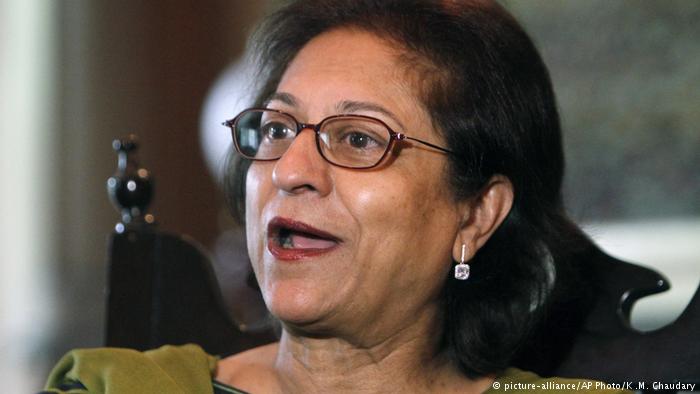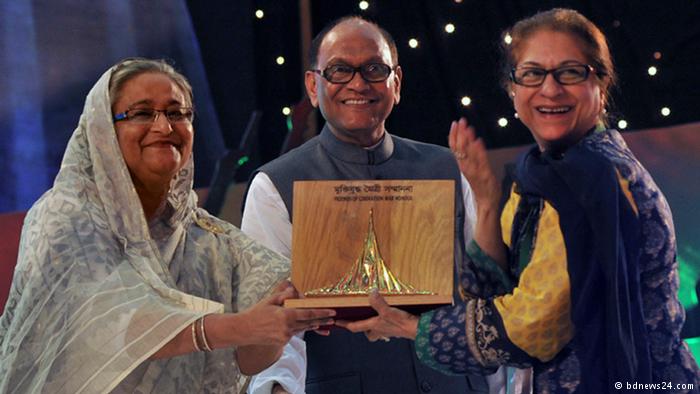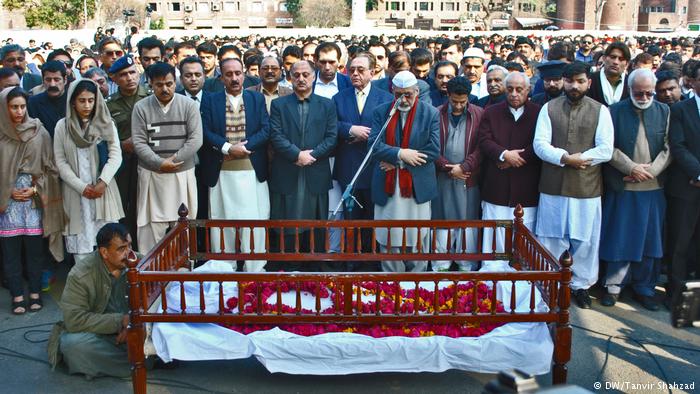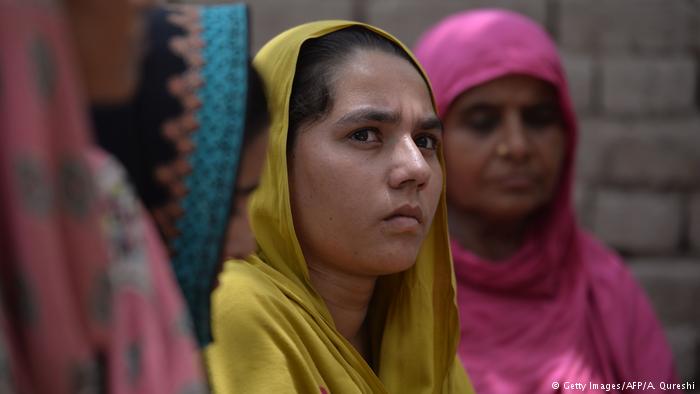Asma Jahangir: The life and death of a revolutionary feminist

Asma Jahangir, Pakistan’s human rights champion and the winner of the Alternative Nobel Prize passed away in Lahore on February 11. A UN Special Rapporteur on Human Rights and icon of feminism in Pakistan, Jahangir was the woman the country’s male-dominated establishment most dreaded. From winning a petition against a military dictator in 1972, when she was still a teen, to defending the disqualifications case of a former PM until her death, she consistently urged the Pakistani state to remain on a democratic track.
Often dressed in a traditional and casual shalwar kameez, she did not appear to belong to an affluent family. Unperturbed by the changing hues of second or third-wave feminism flaunted in Pakistani drawing rooms, Jahangir never wore her feminism on her sleeves, which might be ripped off during a protest here or demonstration there. She stuck to her quest to secure secular values and basic freedom for all her compatriots, male or female. She demonstrated how a feminist should be, not what she should look like. Whether she was talking about bonded labour, Pakistan’s blasphemy law, civil supremacy over the military or criticizing the impunity of the armed forces, she would raise her voice, which was known to be the loudest and boldest, on issues affecting everyone’s life.

She received an award from Bangladesh’s prime minister Sheikh Hasina in 2013.
As a young lawyer, Jahangir confronted Pakistan’s dictator Zia Ul Haq and his misogynist theocracy head-on. Often wearing flat pumps, she stood out among her male peers. She rejected the imposition of religious laws, such as the Hudood Ordinance and Law of Evidence, which discriminated against women in cases of rape and so-called “honor killings”. She openly demanded the repeal of such laws from a repressive regime that many men were frightened to question. As a result, she was detained and accused of blasphemy. Her persistence and sacrifices helped put an end to public floggings in Pakistan, to decrease the number of forced marriages and death sentences for rape victims. Her struggle was never acknowledged officially because of the state’s own macho narratives.
After her death, some of her detractors publicly said “good riddance”, calling her a traitor, an “infidel” and trying to tarnish her public image. But they underestimated her legacy.
Asma Jahangir was gone but she was never one to leave quietly. As the news spread of her death, people from all walks of life swarmed to her house to pay their respects, despite a total absence of state approval. Tributes poured in from the UN Secretary General to Edward Snowden. During an ongoing debate as to whether she was an Ahmedi Muslim (a sect declared non-Muslim by the Pakistani state) or atheist, Pakistanis witnessed something they had never imagined.

Burial ceremony of Asma Jahangir
Hundreds of Pakistani women showed up at Lahore’s Qaddafi Stadium to say Jahangir’s funeral prayers along with male mourners. In conservative Muslim countries, women are strictly forbidden from attending funerals or burials in the company of males. A relentless fighter of gender equality throughout her life, Jahangir in death too provided an opportunity for Pakistani women to stand next to men equally, defying a taboo which treats Muslim women as outcasts.
This unique tribute was not planned nor sponsored but an act of revolt. Baffled, Jahangir’s arch-enemies – the power-wielding clergymen – resorted to the old tactic of fatwa-issuing, filing petitions against the “immoral” and “un-Islamic” act of the female mourners. The mullahs’ furore notwithstanding, there were reports of more “un-Islamic” tributes to Asma from many parts of Pakistan.
Asma Jahangir’s name cannot be erased. She will forever be remembered as a pro-active feminist who fought for the emancipation of Pakistani women ‘till the very end.
Author: Duriya Hashmi
Editor: Anne Thomas






